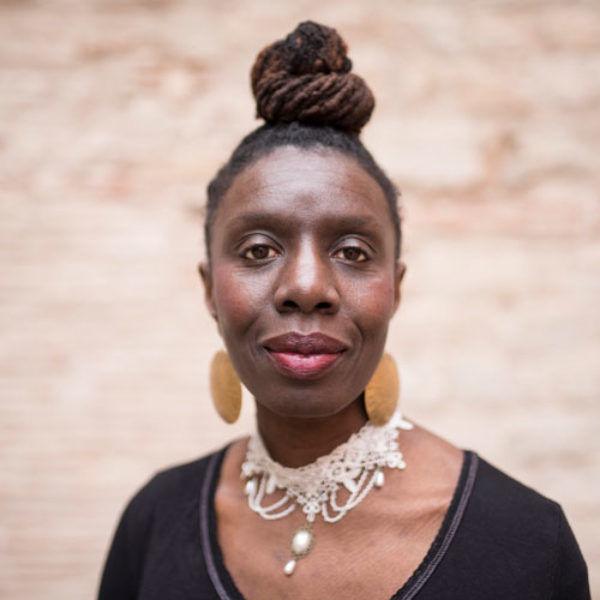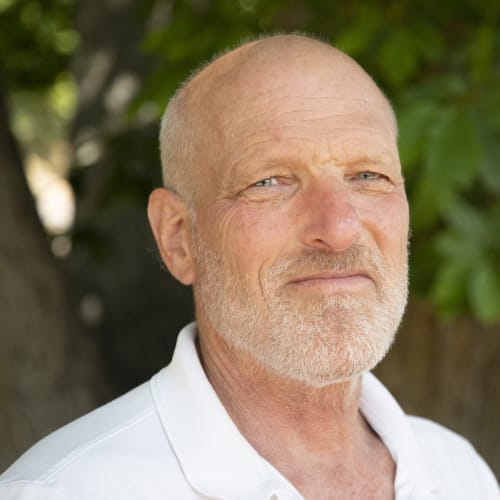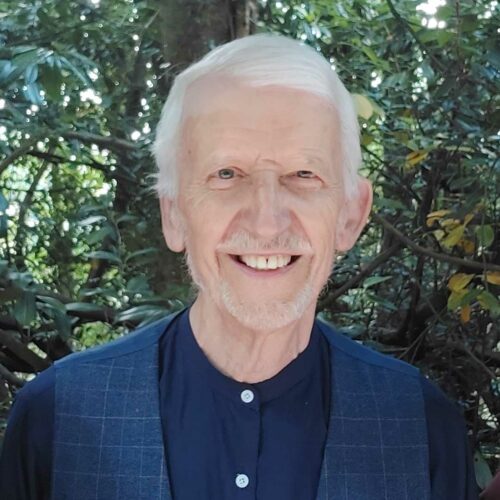We live our lives through stories – about the world, and about ourselves. You may have noticed these stories surfacing in awareness in your meditation practice. We often cling to these stories as being “true”, yet holding this wrong view conceals that these stories are impermanent, cause suffering, and ultimately, are not personal.
In this session, we have the chance to explore how some ideas from narrative therapy might inform our Buddhist practice, and help to liberate us from the constraints of stories that cause suffering, and to re-author ourselves into stories of liberation. Meditation, instruction, and discussion as a global online community will help us down this path.








Discussion